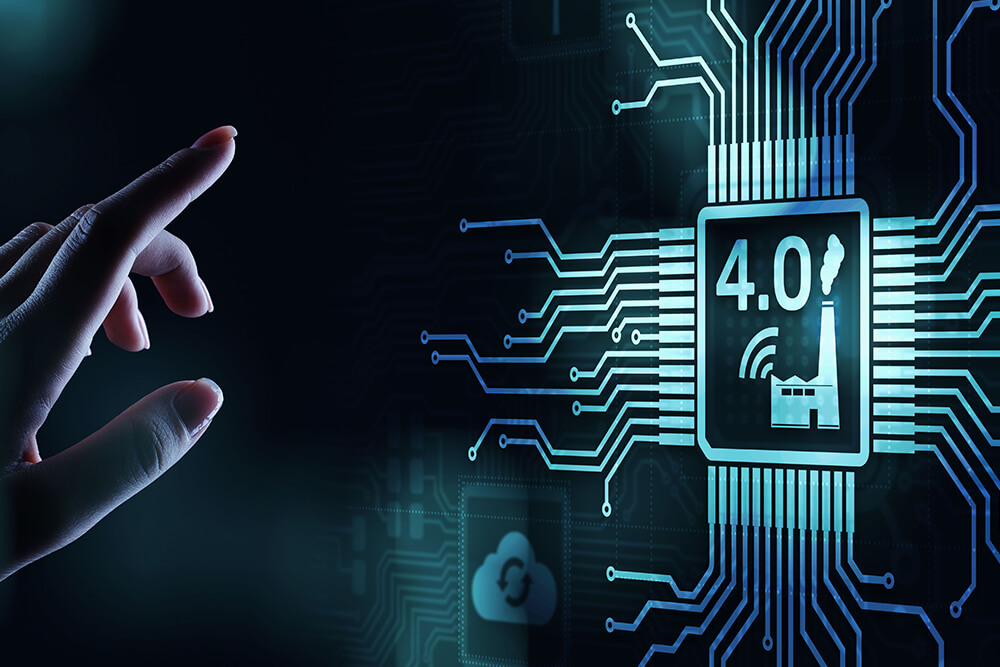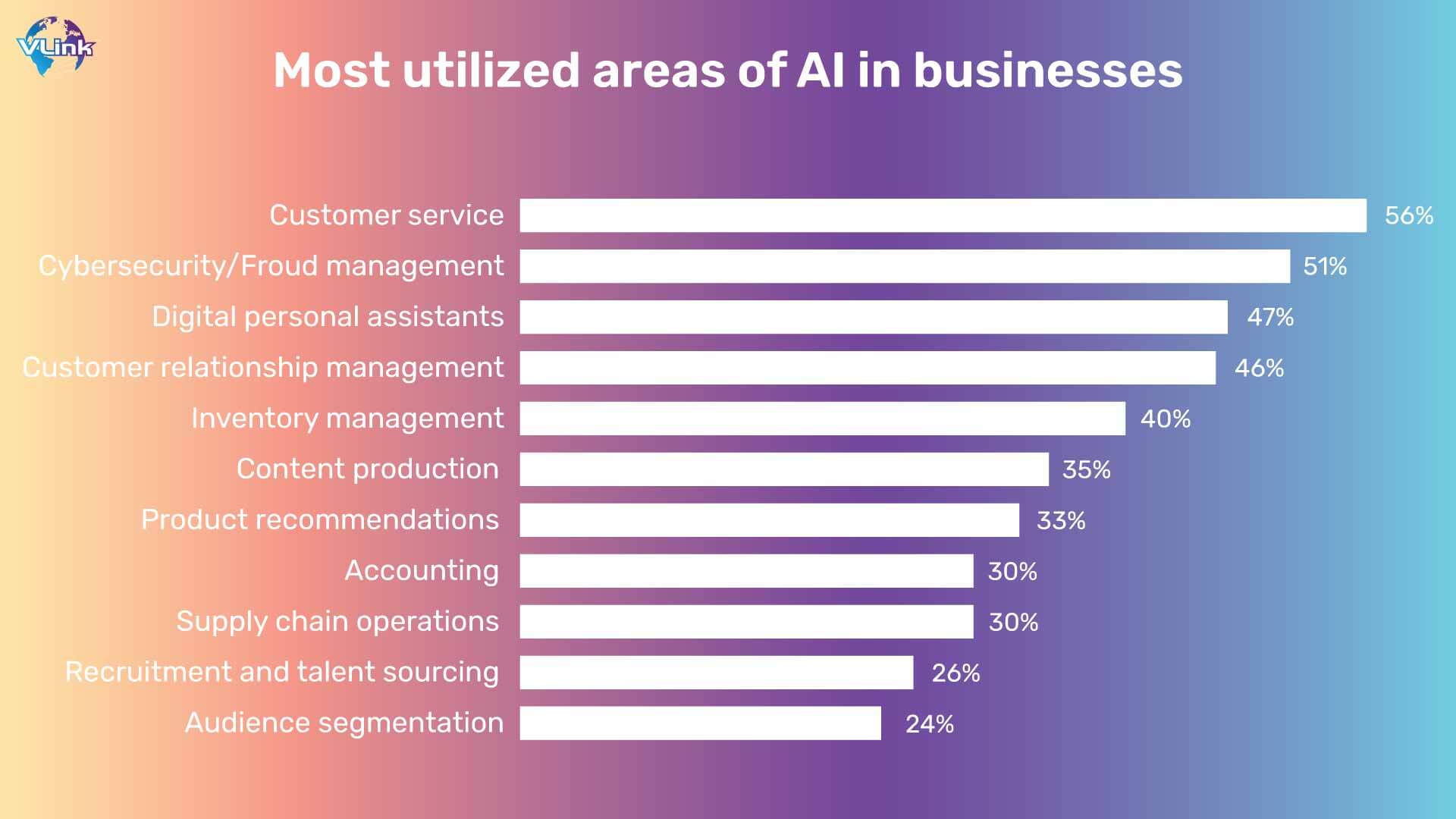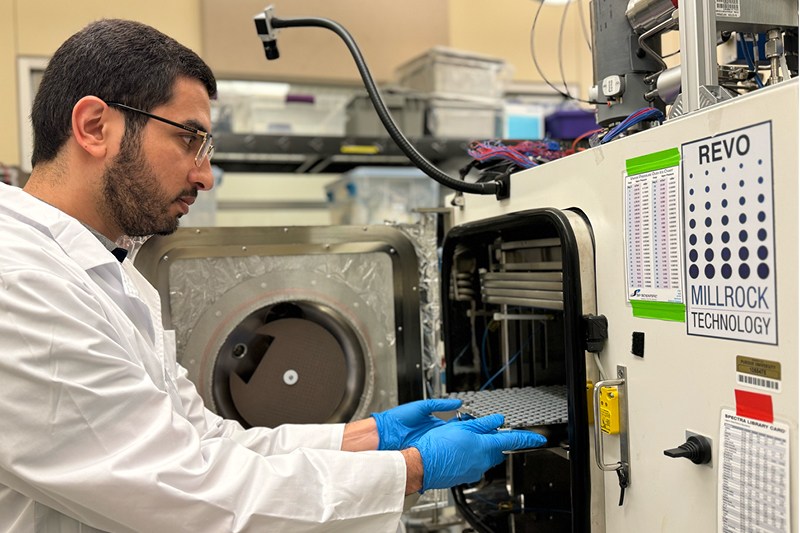
The Future is Now: Claude 3.5 and the Democratization of AI
Artificial intelligence is evolving at a breakneck pace, and the release of Claude 3.5 from Anthropic marks another significant milestone in the rapidly changing landscape. In the latest update, we dive deep into how this version is reshaping our relationship with AI by improving accessibility and performance, while simultaneously pushing the boundaries of what consumers can expect from their interactions with technology.
 Exploring the evolution of AI technology
Exploring the evolution of AI technology
The Rise of Anthropic and Claude 3.5
Anthropic, which emerged from a collective of former OpenAI staff members, has made waves in AI research and development. Their newest iteration, Claude 3.5, boasts impressive capabilities, including being twice as fast as its predecessor, Claude 3.0. In head-to-head analyses, Claude 3.5 has outperformed rivals like OpenAI’s GPT-4o in math problems, text understanding, and even creative tasks, highlighting a significant leap in AI competency.
The capabilities of Claude 3.5 extend beyond mere statistics. The model reportedly exhibits a better grasp of nuance and complex instructions, allowing for a more enjoyable conversational experience. A user interaction with this model is said to feel more natural and engaging than with any other AI system currently available.
Accessibility and Cost Reduction
One striking angle in Claude 3.5’s release is its focus on affordability. As the demands for advanced AI grow, so does the need for competitive pricing models. Claude 3.5 aims to shift the industry landscape by offering a superior experience at a lower cost—five times cheaper than previous iterations, highlighting Anthropic’s commitment to making AI available for all user demographics.
Historically, access to cutting-edge technology has often come at a premium. However, with the evolution of a “freemium” model in consumer markets, potential users can engage with AI tools without financial strain. Businesses looking to leverage these advancements can now do so without breaking the bank, and as we see the cost of implementation decrease, we anticipate a surge in new applications across various industries.
 Businesses utilizing AI for diverse applications
Businesses utilizing AI for diverse applications
Global AI Landscape: What’s Next?
As we look towards the future, the evolution of AI is poised to accelerate further with Anthropic’s upcoming releases. While Claude 3.5 represents a substantial improvement, the company announced plans for additional models—each tailored for different capabilities and price points. The interplay between performance and accessibility will likely characterize the competitive landscape moving forward, reshaping user experiences and expectations across both consumer and business sectors.
Amid this transformation, safety and ethical considerations remain paramount. With Claude 3.5 undergoing rigorous pre-deployment evaluations by the UK AI Safety Institute, the conversation surrounding AI governance is increasingly crucial. The collaboration with regulatory bodies symbolizes a commitment to creating safe, transparent AI tools that prioritize user security just as much as innovation.
The Role of Collaboration: A New Path Forward
A notable aspect of the current AI revolution is the collaborative spirit among technology firms. Companies like Oppo, benefiting from partnerships with giants such as Google and Microsoft, aim to democratize AI further. By minimizing barriers to access and inclusion, these collaborations are enhancing the capabilities available to everyday consumers, showcasing the expanding potential of AI applications even in mid-range devices.
Oppo’s emphasis on integrating advanced AI features within its product range without excluding consumers based on budget is an excellent example of how diverse the landscape is becoming. Their strategies for success prioritize both technological innovation and social responsibility, pushing boundaries to appeal to wider audiences.
 Innovations emerging from strategic collaborations
Innovations emerging from strategic collaborations
Challenges of Accessibility: The Road Ahead
While the trajectory towards accessible AI is promising, it does come with challenges. The reliance on expansive partnerships raises questions regarding data privacy and security. How will companies like Oppo safeguard their users’ information? As AI becomes more integrated into our daily lives, ensuring that user privacy remains intact is critical and governs how consumers perceive AI tools.
Moreover, navigating through regulatory landscapes is no straightforward path. For instance, the friction between tech giants and the European Union over compliance issues poses challenges for innovation. The implications of regulations like the Digital Markets Act may hinder the ability of companies to operate freely, yet they also represent an opportunity for these firms to adapt and innovate within a structured framework.
Conclusion: AI for All
As we embrace the dawn of new AI technologies such as Claude 3.5 and its advancements, the fusion of accessibility, cost-reduction, and enhanced capabilities signals a future where AI is integrated into daily life in more meaningful ways than ever before. With proactive measures toward safety, innovation in products, and an emphasis on collaboration, the next era of artificial intelligence promises to be inclusive, revolutionary, and ultimately beneficial for society as a whole. The question is not whether AI will dominate our lives, but how we will harness its potential responsibly and ethically.
In this evolving landscape, consumers and developers alike must advocate for high standards, ensuring a future where AI operates as an ally rather than a disruptor, illuminating the path ahead in this brave new world of technology.















